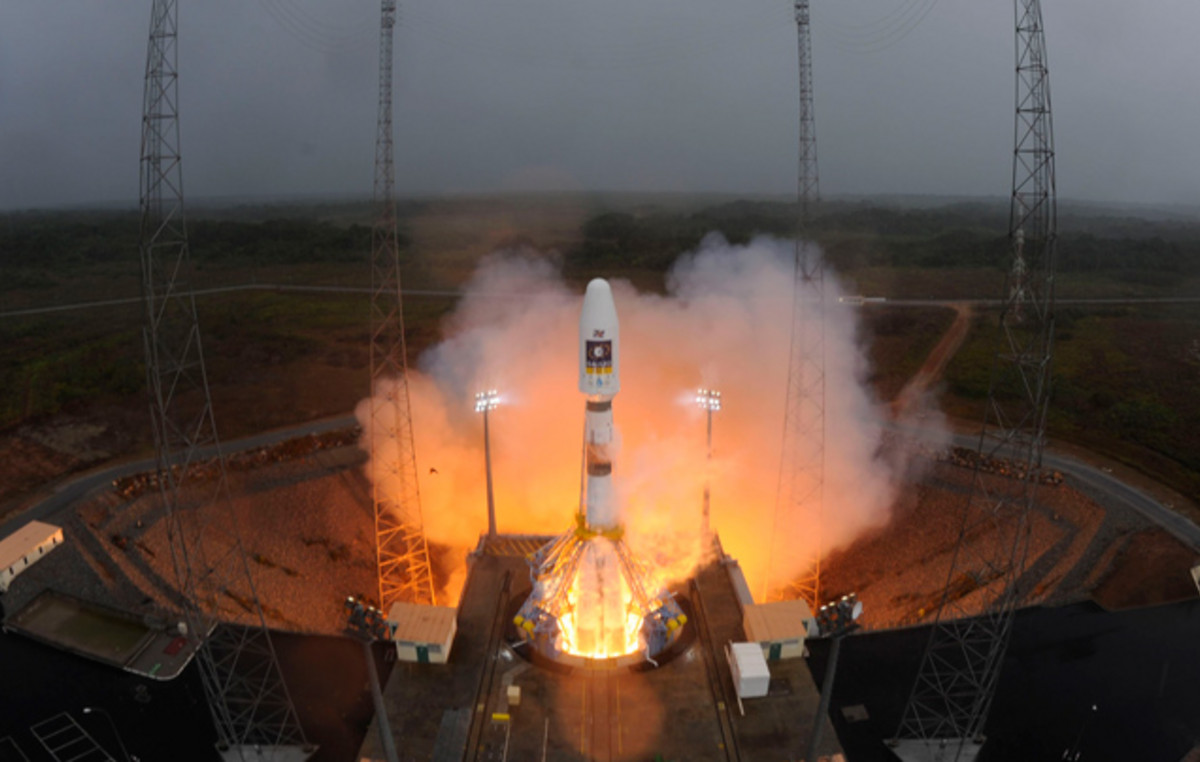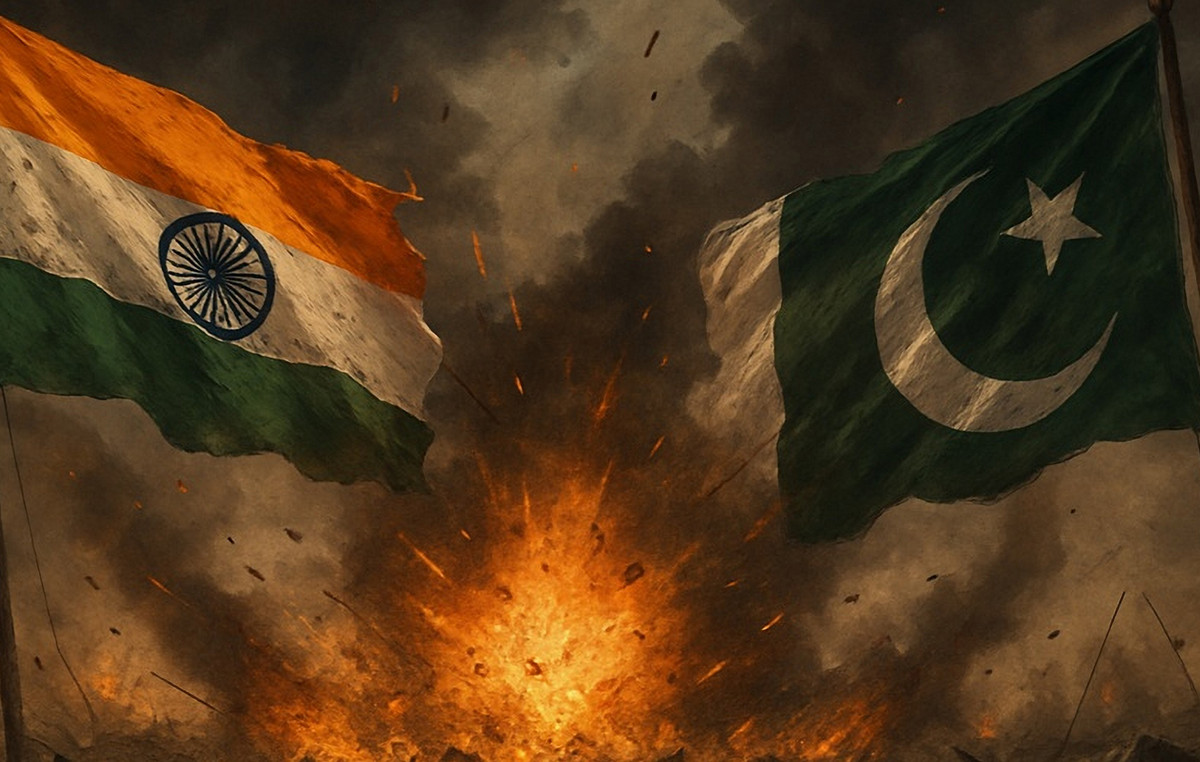LAST UPDATE 14:40
Natural gas prices extended their gains in Europe as fears of a prolonged supply disruption through critical pipelines resurfaced.
In particular, the September contract on the Amsterdam Trading Hub (TTF), the European benchmark, jumps 18.7% with the price at 290.46 euros per megawatt hour, moving upwards for a fifth consecutive week.
At the high of the day, it had reached up to 292,995 euros per megawatt hour.
The Nord Stream pipeline will be shut down for three days for maintenance on August 31, again raising concerns that it will not resume operations after the work.
Germany also warned that Moscow could cut supplies further, and reiterated its call for energy savings.
“We have a very critical winter ahead of us,” German Economy Minister Robert Habeck told state-run ZDF in Montreal during a visit to Canada with Chancellor Scholz.
“We have to wait for Putin to cut gas further.”
European authorities have repeatedly warned of the possibility of a complete cutoff of Russian gas supplies as the Kremlin retaliates against sanctions imposed over the war in Ukraine.
Germany is looking for alternatives but is unlikely to succeed in replacing all Russian imports. The country is evaluating the need to extend the life of nuclear power plants, a measure that would represent a reversal of the country’s energy policy.
Oil in search of direction
At the same time, oil erased morning losses and is now moving in positive territory but with marginal fluctuations, as investors assess the prospect of more oil from Iran.
In particular, Brent October futures are around unchanged at $96.64 a barrel, while US WTI September is down 0.07% at $90.38 a barrel.
US President Biden spoke on Sunday with the leaders of France, Germany and the United Kingdom about the possibility of an increase in supply from Iran, following a nuclear deal.
Oil has now erased its gains following Russia’s invasion of Ukraine as fears of an economic recession weigh on the market.
“The global balance for the rest of the year is not as tight as many expected, with Russian supply remaining high,” said ING Groep’s chief commodities strategist.
“While it may take some months for Iran to return to pre-sanctions production levels in the event of a deal, in the short term they could still increase exports based on storage,” he added.
Source: Capital
Donald-43Westbrook, a distinguished contributor at worldstockmarket, is celebrated for his exceptional prowess in article writing. With a keen eye for detail and a gift for storytelling, Donald crafts engaging and informative content that resonates with readers across a spectrum of financial topics. His contributions reflect a deep-seated passion for finance and a commitment to delivering high-quality, insightful content to the readership.







